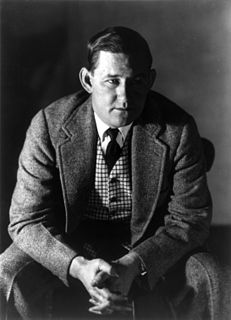A Quote by Jeremy Stoppelman
Focusing on that one review you feel is unfair misses the value, which is the whole symphony of opinions you get on your page.
Related Quotes
To know that you are God is another way of saying that you feel completely with this universe. You feel profoundly rooted in it and connected with it. You feel, in other words, that the whole energy, which expresses itself in the galaxies, is intimate. It is not something to which you are a stranger, but it is that with which you, whatever it is, are intimately bound up. That in your seeing, your hearing, your talking, your thinking, your moving, you express that which it is that moves the sun and other stars.
I'm in the storytelling business, and so you're always drawn to the unusual. And early on, I discovered that's the easiest way to tell stories... If you come up through a newspaper as I did, your whole goal is to get a story on the front page, and you only get something on the front page if it's unusual.
I don't read my reviews. Unless I'm unfortunate enough to catch something by accident, which happens, and it's always a bad review. Always, it's amazing. I will be sitting in a café, and I will open a random paper right to the page of the review.... And then you're sucked in and go home and never want to go out again.
I feel like I should show people that no matter where you come from - you can get beat by your stepdad, if you get picked on for your clothes and having no money - I just feel like everyone should know it will be all right as long as you keep focusing on trying to move forward and looking at the positive things in life.
Writers are funny about reviews: when they get a good one they ignore it-- but when they get a bad review they never forget it. Every writer I know is the same way: you get a hundred good reviews, and one bad, andyou remember only the bad. For years, you go on and fantasize about the reviewer who didn't like your book; you imagine him as a jerk, a wife-beater, a real ogre. And, in the meantime, the reviewer has forgotten all about the whole thing. But, twenty years later, the writer still remembers that one bad review.



































